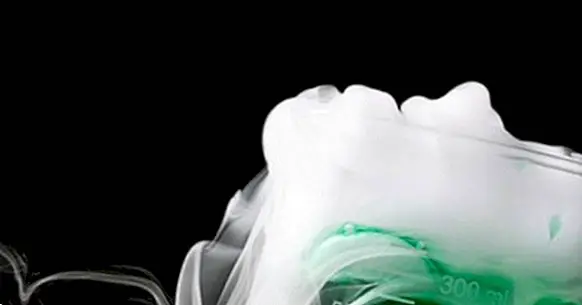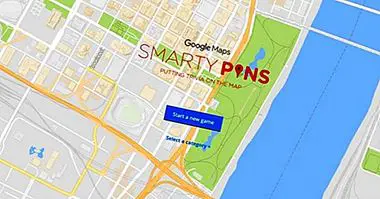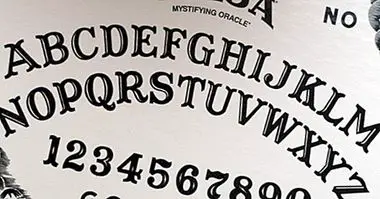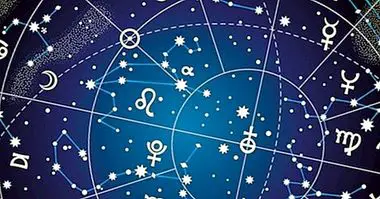The 11 types of chemical reactions
The different substances present in nature interact with each other continuously . Things as common as lighting a match, dissolving a drug in water or even our breathing, obey what are known as chemical reactions.
In this article we will look at some of the most common types of chemical reactions.
Chemical reaction: explaining the concept
We understand by chemical reaction all that interaction between substances in which chemical bonds are generated or broken, generating new compounds. The initial compounds are the so-called reagents, while the result of the reaction are the products .
These reactions can be reversible in some cases, being able to return the reagents to their previous state, but in other cases they are consumed, this reaction being irreversible. As the reaction takes place, there is a moment when a balance between reactant and product is produced and the reaction ceases. In any case the atoms are not created or destroyed but only transformed, as it happens with the conservation of energy.
Main types of chemical reaction
There are a large number of possible ways that interaction between compounds occurs, presenting different characteristics and peculiarities. Some of the main types of chemical reactions between compounds are the following .
1. Synthesis or addition reactions
In this type of chemical reactions two or more substances are combined to form a single compound . The combination of metal and oxygen to form oxides is an example.
2. Decomposition reactions
Decomposition reactions are those in which a particular compound decomposes and divides in two or more substances. This is what happens, for example, when the electrolysis of water occurs, separating the water into hydrogen and oxygen.
3. Displacement, substitution or exchange reactions
One of the types of chemical reaction in which an element of a compound passes to another due to its interaction . In this case the pierced element is attracted by the other component, which must have greater strength than the initial compound.
4. Ionic reactions
It is a type of chemical reaction that occurs when ionic compounds are exposed to a solvent . The soluble compound dissolves, dissociating into ions.
5. Reactions of double substitution
It is a reaction similar to that of substitution , with the exception that in this case one of the elements that form one of the compounds passes the other at the same time that this second compound passes to the first one of its own components. It is necessary for the reaction to occur that at least one of the compounds does not dissolve.
6. Oxidoreduction or redox reactions
It is called as such to that type of chemical reaction in which there is electron exchange . In the oxidation reactions, one of the compounds loses electrons in favor of the other, oxidizing. The other compound would be reduced by increasing its number of electrons.
These types of reactions occur both in nature and artificially. For example, it is the type of reaction that makes us need to breathe (acquiring oxygen from the environment) or that plants perform photosynthesis.
7. Combustion reactions
An extremely rapid and energetic type of oxidation, in which an organic substance reacts with oxygen . This reaction generates energy (usually heat and light) and can generate flames and usually results in a product in the form of gas. A typical example is the combustion of a hydrocarbon or the consumption of glucose.
8. Neutralization reactions
This type of chemical reaction occurs when a basic substance and another acid they interact in such a way that they neutralize forming a neutral compound and water.
9. Nuclear reactions
It is called as such all that chemical reaction in which a modification is made not of the electrons of the atoms, but of their nucleus . This combination or fragmentation will cause a high level of energy. The combination of atoms is called fusion, while its fragmentation is called fission.
10. Exothermic reactions
It is called endothermic reaction to all that chemical reaction that causes the emission of energy .
11. Endothermic reactions
Endothermic reactions are all those types of chemical reactions in which the interaction between elements absorbs energy from the medium , the final product being much more energetic than the reactants.



















